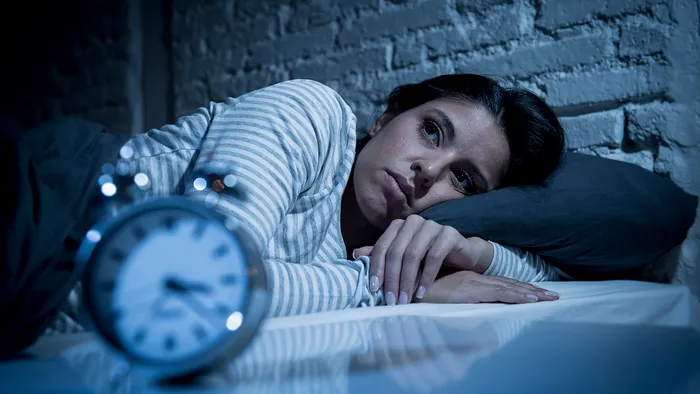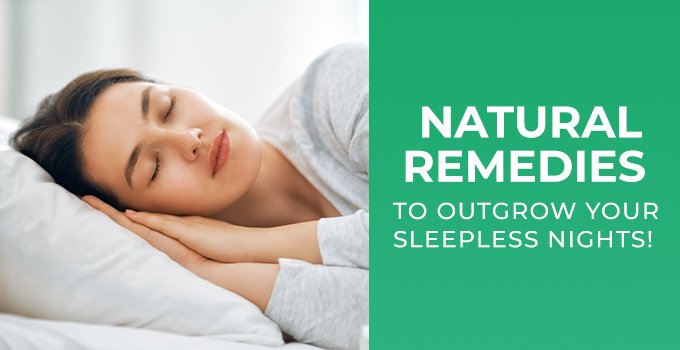
Why You Might Be Having Trouble Sleeping And How to Fix It ?
Sleep is vital for our physical health and mental well-being, yet many people struggle to get enough quality rest. If you’re one of them, you’re not alone. Let’s explore the common reasons behind sleep troubles and practical tips to improve your nightly routine.
Common Causes of Poor Sleep:
-
Stress and Anxiety:
Racing thoughts or worries about work, relationships, or life changes can make it hard to relax. Your mind might stay active, preventing you from drifting off. -
Poor Sleep Habits:
- Irregular sleep schedules
- Excessive screen time before bed
- A noisy or uncomfortable environment
Diet and Stimulants: Caffeine, alcohol, or eating heavy meals close to bedtime can interfere with your ability to fall or stay asleep.
-
Medical Conditions:
Conditions such as insomnia, sleep apnea, and restless leg syndrome can severely impact sleep quality. If you suspect a medical issue, consult a healthcare professional. -
Mental Health Factors:
Depression and anxiety disorders often contribute to sleep disturbances, creating a cycle that affects overall well-being.
Practical Tips to Improve Your Sleep:
- Stick to a Routine: Try to go to bed and wake up at the same time every day, even on weekends.
- Create a Relaxing Bedtime Ritual: Activities like reading or meditation signal your body that it’s time to unwind.
- Optimize Your Environment: Ensure your room is dark, quiet, and cool. Consider blackout curtains or white noise machines.
- Limit Screen Time: Avoid screens at least an hour before bed. Blue light can interfere with melatonin production, the hormone responsible for sleep.
- Watch Your Diet: Limit caffeine and alcohol intake, especially in the evening. Try to finish heavy meals a few hours before bedtime.

Natural Solutions for Better Sleep:
If you’re struggling with sleep, natural remedies can help promote relaxation and improve your sleep quality. Here are some effective, natural ways to support a good night’s rest:
1. Herbal Teas
Certain teas have calming effects that can help you unwind:
- Chamomile: Reduces anxiety and promotes relaxation.
- Valerian Root: Known for its mild sedative properties.
- Lavender Tea: Helps calm the nervous system.
2. Essential Oils
Aromatherapy can have a powerful effect on sleep:
- Lavender: Reduces anxiety and induces calmness.
- Cedarwood: Helps lower cortisol levels.
- Bergamot: Combats stress and promotes relaxation.
Tip: Use a diffuser or sprinkle a few drops on your pillow.
3. Magnesium Supplements
Magnesium relaxes muscles and calms the nervous system. Foods rich in magnesium include:
- Almonds, spinach, bananas, and avocados.
Note: Consult a doctor before starting any supplement regimen.
4. Meditation and Deep Breathing
Mindfulness techniques can help quiet a racing mind. Try:
- Guided meditation apps before bed.
- Deep breathing exercises (4-7-8 method): Inhale for 4 counts, hold for 7, and exhale for 8.
5. Warm Bath with Epsom Salt
An evening bath helps lower body temperature, signaling your body that it’s time to sleep. Adding Epsom salt provides magnesium, which relaxes your muscles.
6. Light Exposure Control
- Morning sunlight exposure regulates your body’s internal clock.
- Dim lights in the evening help your body produce melatonin.
7. Herbal Supplements
- Melatonin: Helps regulate sleep cycles naturally.
- Passionflower: Reduces anxiety and induces sleep.
- Ashwagandha: Helps the body cope with stress.
Final Thoughts:
Incorporating natural solutions into your nightly routine can significantly improve your sleep quality. Combine these with good sleep hygiene practices for the best results. If sleep issues persist, consider consulting a healthcare professional to rule out any underlying conditions.
Which natural remedies have worked for you? Share your experiences below! 💬
Follow @Shikha.agrwal02, for more such health insights.
For direct consultation Whatsapp At +91 824 002 2632
